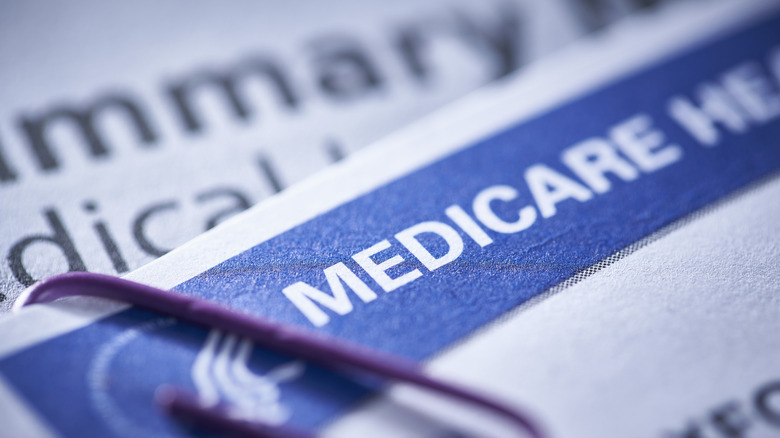The Unexpected Reasons Your First Medicare Bill Is So High
If your first Medicare bill is higher than you expected, that may be because of how Medicare collects payments. When you are not yet getting Social Security, Medicare sends you a Medicare Premium Bill (CMS-500) asking for several months of payments at once, most often three months. So your first bill can include charges for coverage going back to when your Part B started, which is another reason to keep track of Social Security adjustments that can affect Medicare. For example, if your Medicare Part B began on July 1 and your first bill arrives in August, that envelope might include monthly charges for July, August, and September together, because Medicare sends bills every three months when you pay them directly. Late-enrollment penalties or a change in income can also affect your payment amount.
The due date is usually the 25th of the month on your Medicare bill. If you want Medicare to take payments from your bank account, you have to fill out the Easy Pay form, but it takes about six to eight weeks to start, so you should keep paying by check or online until you see on your bill that the money will come out by itself, which usually happens on the 20th. You can also make a one-time payment online through your Medicare.gov account. Another way is to use Online Bill Pay through your bank, where you put "CMS Medicare Insurance" as the payee and send your payment to the Medicare Premium Collection Center in St. Louis, MIssouri, which is also on your bill.
Late-enrollment penalties
Your first Medicare bill might look high because of late-enrollment penalties. If you delay signing up for Medicare Part B and do not have health insurance through your current job or your spouse's job during that time, you'll pay a penalty when you finally join Medicare. The penalty is 10% of the standard Part B monthly cost for each full year you waited. For 2025, the base Part B premium is $185 per month. If you waited two years, the penalty adds 20%, or an extra $37, so your total monthly Part B payment would be $222. You will keep paying this higher amount for as long as you have Part B. This can catch retirees off guard, especially as grocery bills keep going up.
If you go more than 63 days without approved prescription drug coverage before joining a Medicare Part D plan, Medicare will add a penalty to your monthly Part D cost. This is 1% of the standard national Part D base premium for every month you went without coverage. For 2025, the national base premium is $36.78. So if you had a 14-month gap, Medicare would add 14% of $36.78 (about $5.20) to your monthly Part D bill, as long as you have Part D. If you qualify for a program that helps people with lower income and assets like Medicaid, Supplemental Security Income, or state help with Medicare costs, you qualify for "Extra Help," which means you won't have to pay this penalty.
Higher income
If you signed up for Medicare on time but your first bill is higher than you expected, it could be because you have higher income. If your income for 2023 was above a set level, Social Security adds an extra amount to what you pay each month for both your regular Medicare (Part B) and your drug plan (Part D). For 2025, if you file taxes as a single and make between $133,001 and $167,000, your monthly cost for Part B jumps to $370 instead of the standard $185, and your drug plan gets a $35.30 add-on. It is one of the sneaky reasons your Social Security check is lower than expected each month.
These extra amounts show up as separate lines on your Medicare bill. If your income was between $200,001 and $499,999, your Part B monthly cost would rise to $591.90 and the extra amount for your drug plan would be $78.60 each month. Medicare will often take this out of your Social Security payment. If you do not get Social Security or your payment is too small, it will send you a separate bill for this extra charge. Any automatic payments you set up with your drug plan do not pay for this extra amount. If you've had a drop in income because you retired, or had a major life change, ask Social Security to lower these extra costs by filing Form SSA-44, so your future Medicare bills line up with what you make now.


